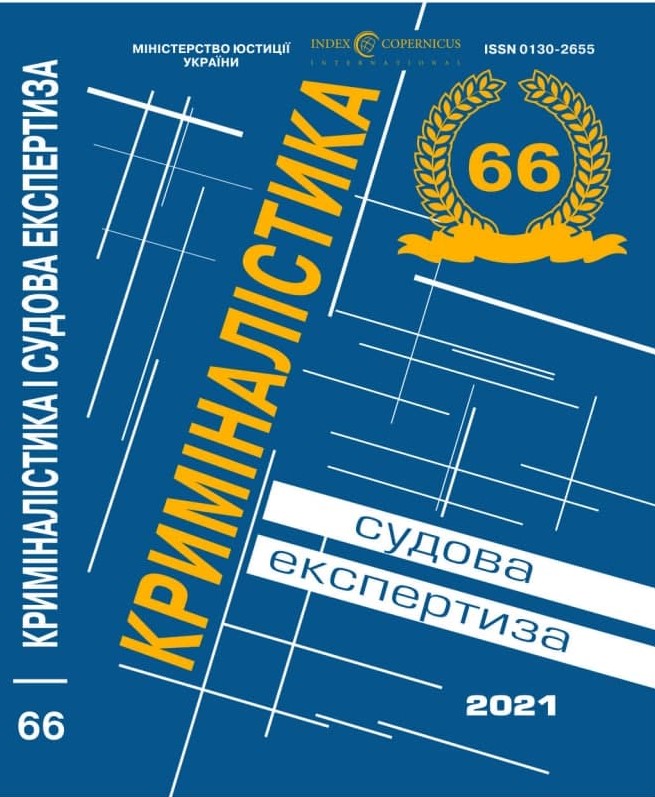
DOI: https://doi.org/10.33994/kndise.2020.66.03
N. Nestor
The article deals with the procedural aspects of the proper conduct of a forensic examination within the framework of court proceedings, its legal regulation on existing legislation of Ukraine.
It is noted that in the conditions of expanding the procedural capabilities of the participants in the process, shortcomings in the legal regulation of legal proceedings, the passivity of the court, the absence of actual equality of the parties and the traditions of competition, a favorable situation is created for the abuse of procedural rights, including when appointing and conducting a forensic examination, as well as when using its results in the course of the trial. The consequence of such actions distorts the essence of justice, since the participants in the process use the judicial protection mechanism to violate the rights and legitimate interests of others. Such abuses create problems in the development of an effective model of expert justice provision.
The article describes the abuses of procedural rights that are allowed by the participants in the trial when appointing and conducting forensic examination, as well as using its results, reveals the legal means of counteracting such abuses. Based on the analysis of the provisions of the Civil Procedure Code of Ukraine, the Economic Procedure Code of Ukraine, the Code of Administrative Procedure of Ukraine and examples of judicial practice in recent years on the application of fines and other sanctions to participants who have abused their procedural rights in order to prevent an objective forensic examination, proposals are made to improve the relevant regulatory framework.
It is concluded that combating the abuse of procedural rights in the appointment and conduct of forensic examination, as well as the use of its results in court proceedings has become an urgent need in the context of optimizing the judicial system and achieving its procedural goal. The legislation already has some groundwork for solving this problem, but practice still shows that there are regulatory gaps that the judiciary is trying to address at the recommendation level.
Key words: examination, expert, expert institution, special knowledge, forensic examination, abuse of procedural rights.










